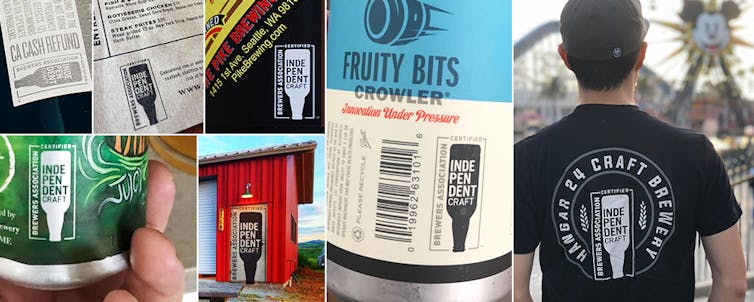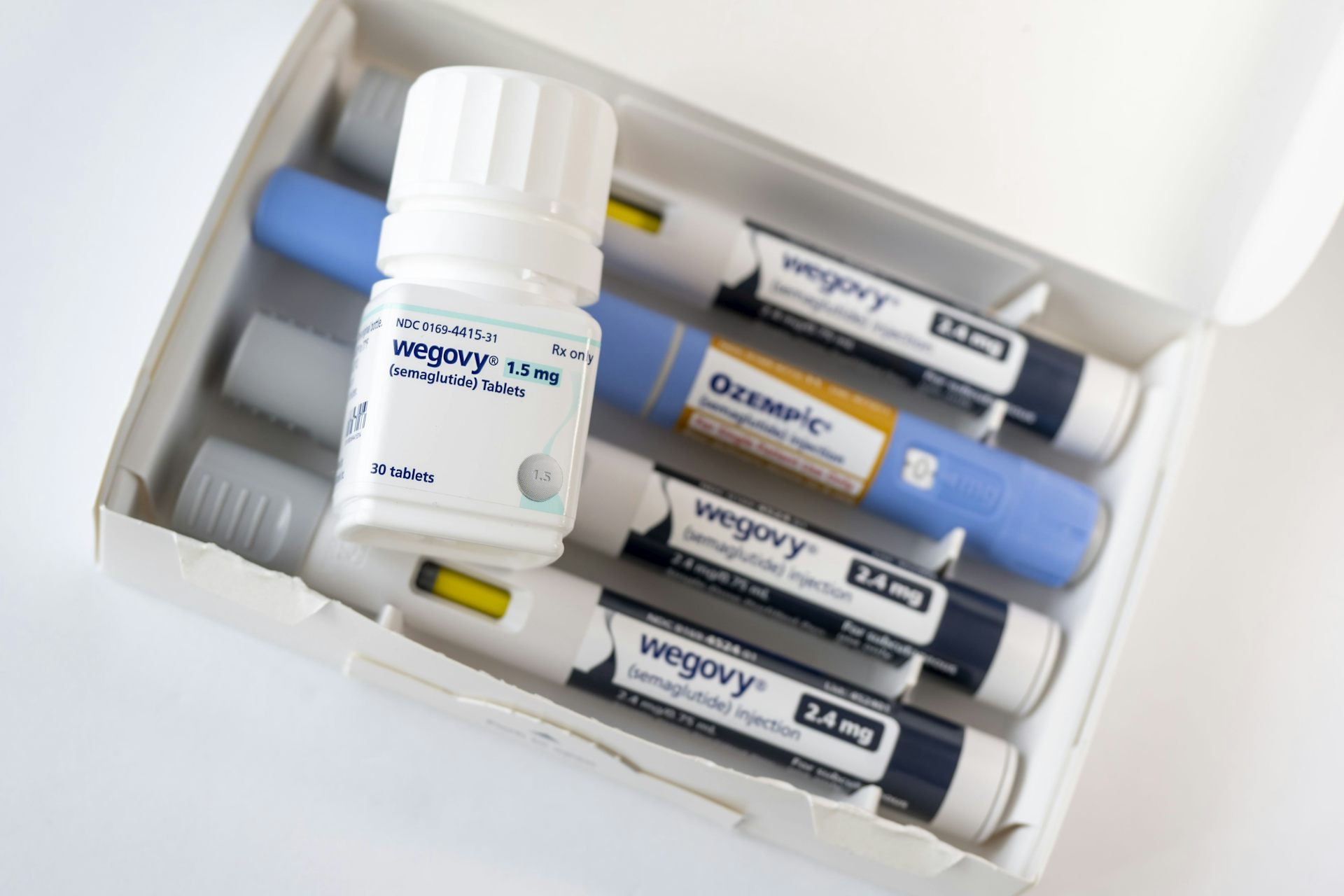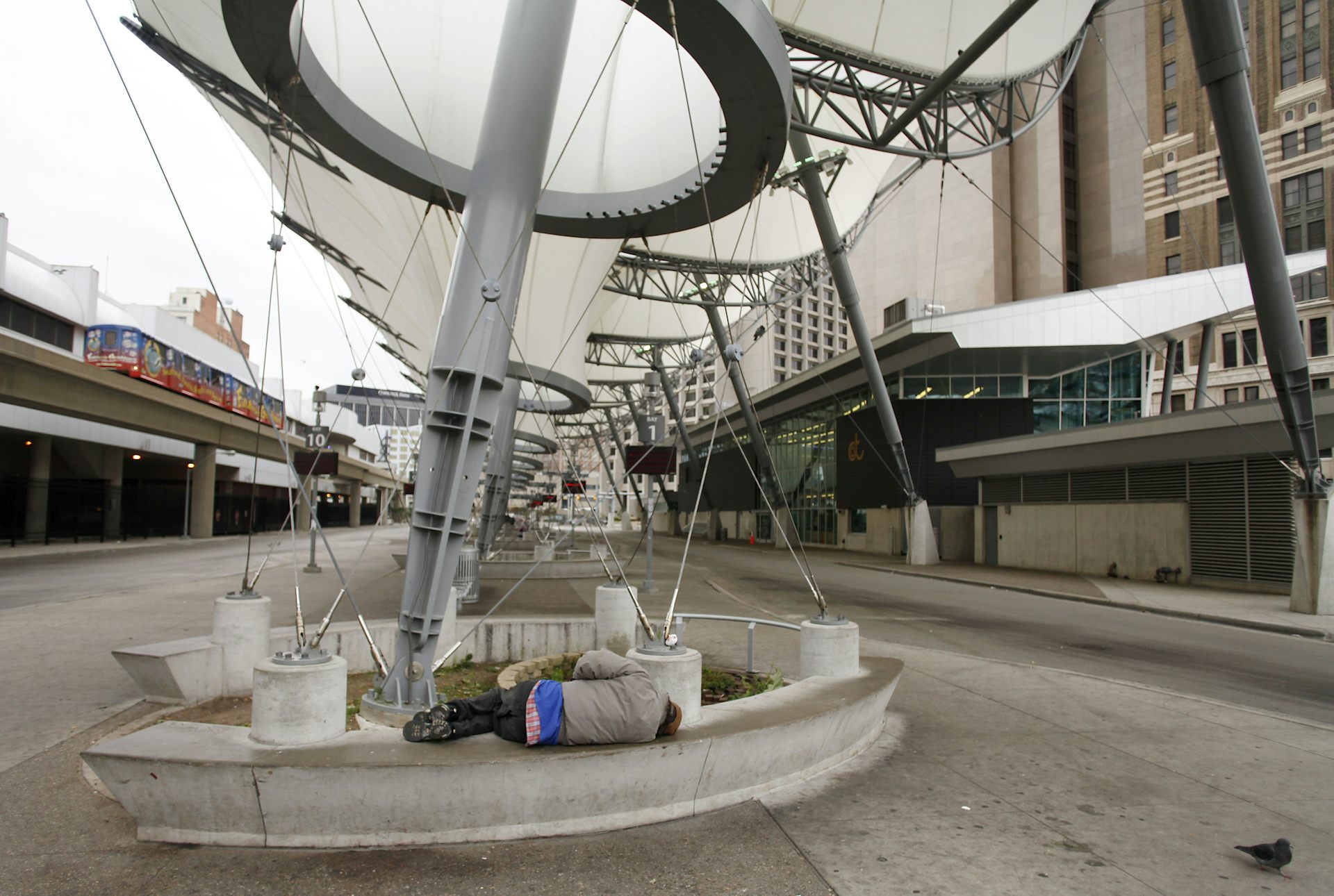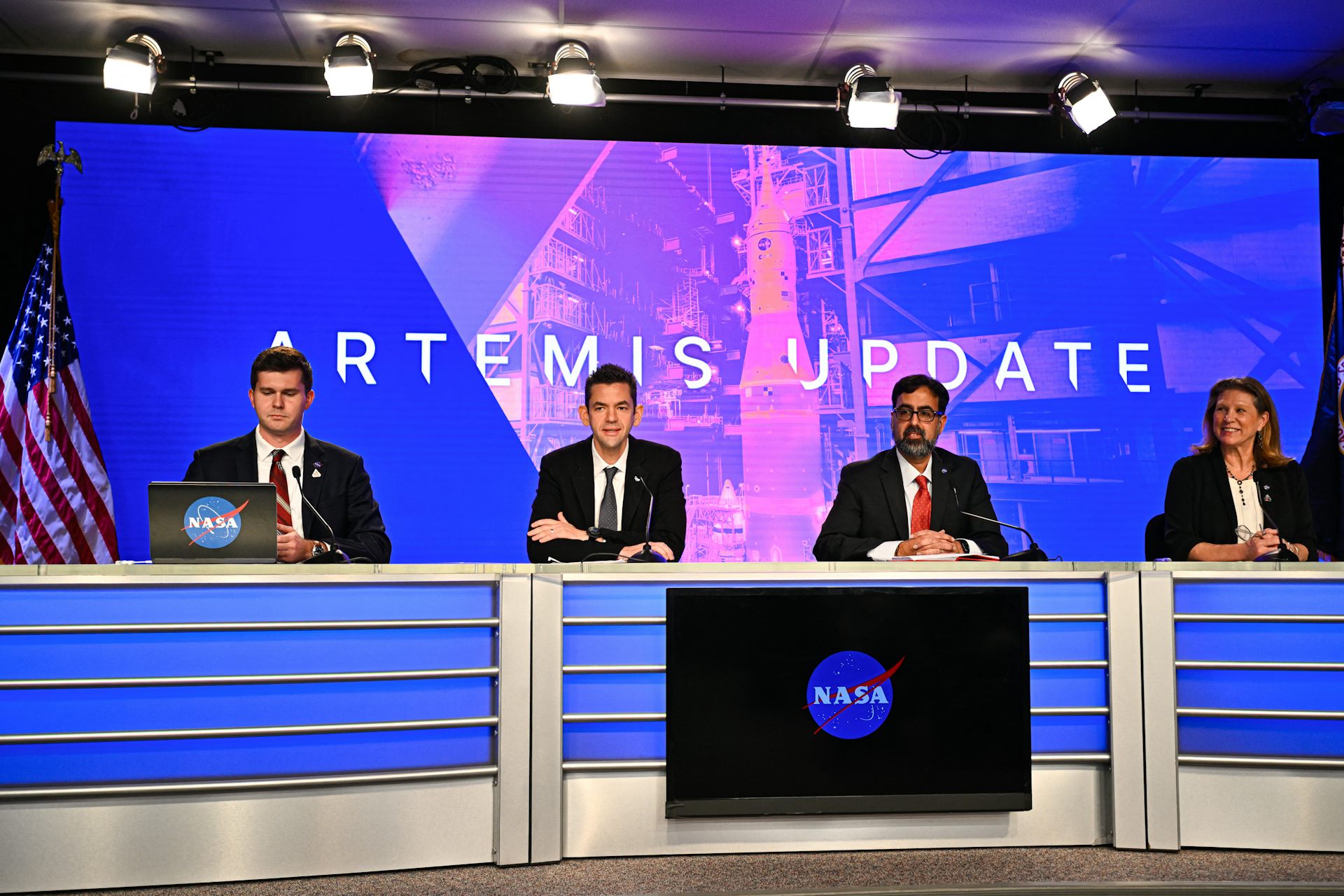Fed up with Big Beer's incursion, independent craft breweries push back
Labels for boutique beers made by giant corporations may give the impression that a tiny craft brewery slapped them on the bottles. That confusion is by design.

A new seal began to appear on bottles and cans of American craft beer in 2017. It both certifies that the beer came from one of the nation’s independently owned and small-scale breweries and signals that these upstarts are fighting back against the corporations trying to co-opt their authenticity and craftiness.
The corporate juggernauts often called “Big Beer” clearly get the multifaceted appeal of independently brewed craft beer powered by a thirst for locally made products like beer made from traditional and unusual ingredients. That’s why they’re trying to beat back the competition by giving off the same vibe as the craft breweries that have eroded their edge – when they’re not running Super Bowl commercials that deride people who drink craft beer.
Like other researchers studying this trend, we see the growing taste for beer from small-scale artisanal breweries as a consumer-based social movement. We believe the new label will help craft brewers to hold their ground because many enthusiasts don’t want to be fooled into drinking a fake version of a product that commands a premium due partly to its diversity and authenticity.

Only two giant players remain in the domestic market after years of mergers: Anheuser-Busch InBev and MillerCoors.
This duopoly is using three main strategies to quash its tiny competitors. It buys out craft breweries and launches its own “craft” brands, which do not fit the artisanal industry’s own definition since they are mass-produced. It also derides craft beer drinkers.
Masquerading as upstarts
We call Anheuser-Busch’s Shock Top, MillerCoors’ Blue Moon and similar beverages “imposter beers” or “crafty beers.” They tend to leave their big corporate parents off the label – which of course stresses local origins.
Blue Moon’s packaging, for instance, notes prominently that it is made in Fort Collins, Colorado. That geographic detail, the label’s imagery and a prominent reference to the Blue Moon Brewing Company (with no reference to MillerCoors) suggest a source with modest means, not a multibillion-dollar behemoth.
Consumers who felt deceived when they discovered that Kirin beer was made in the U.S. and not Japan – despite advertising that suggested it was imported – sued Anheuser-Busch in 2013 and won. So did plaintiffs in a similar lawsuit regarding Beck’s, also brewed by Anheuser-Busch. But Big Beer has prevailed in court with litigation involving consumers who felt misled about what kind of company brewed their beer rather than its geographic origin.
For example, an irked beer drinker sued MillerCoors for misrepresenting its Blue Moon label as a craft beer. MillerCoors responded that any definition of what makes a beer “craft beer” is meaningless.
U.S. District Judge Gonzalo Curiel agreed. Essentially ruling that beer is beer, no matter how big its brewer is, he dismissed the case – letting Goliath get away with posing as David.
Snapping up competitors
Big Beer also acquires small labels and even, in some cases, homebrewing supply companies.
This infiltration almost always occurs on the sly. The labels and usually even the beer itself stays the same after ownership changes.
Many craft beer enthusiasts lament the “loss” of well-loved craft brewers like Goose Island and Breckenridge, which now belong to Anheuser-Busch, and Lagunitas, a label Heineken now owns.
Anheuser-Busch and its Big Beer peers like Constellation Brands, which imports and brews Corona and other premium beers, have bought out or acquired large stakes in at least 33 craft brewers in recent years.
This spree is leaving craft brewers and customers trying to figure it out two things. First, does the ownership matter? Second, what is Big Beer up to?
We interviewed nearly 20 New England brewers and brewery owners to see what they thought. Some surmise that Big Beer is capturing some labels to study the industry and culture. Others suspect nefarious ploys to control shelf space and taps – and protect the market share of the biggest and most cheaply produced beers from any additional craft beer encroachment.
Similarly, Anheuser-Busch’s purchase of craft label Wicked Weed in 2017 prompted Jason and Todd Alström, brothers who run the popular Beer Advocate website, to complain about what they call “zombie beer brands.”
That is, beer that appears to be locally brewed by independent owners but what they called Big Beer’s “soulless” competition for the real thing.
Taunting craft beer drinkers
When Big Beer isn’t imitating its craft brewing competitors, it counters their appeal by belittling their customers.
In a commercial that aired during the 2015 Super Bowl, Budweiser declared that it is “proudly a macro beer,” not to be “fussed over” or “dissected” or imbibed by consumers of “pumpkin peach ale.”
The company doubled down on its big-is-better meme the next year. In a similar commercial, Budweiser sneered at the origin stories of many craft breweries – which often begin as homebrewing pastimes – that Budweiser is “not a hobby” and “not small.”
Budweiser also feminized male craft beer drinkers and implicitly questioned their sexuality. The 2016 commercial boasted that its beer is “not soft” and “not a fruit cup” to a thumping, masculine beat.
Some craft brewers retaliated with parodies.
Who is winning?
All but US$23.5 billion of the $107.6 billion Americans spent on beer in 2016 flowed toward Big Beer. But the volume of beer sold has stagnated since 2013 as American craft breweries, which now number more than 5,200, gained ground.
In 2017, U.S.-brewed beer fell by 4 million barrels to 170 million barrels. However, sales of imported and craft beer sold straight to consumers (versus at bars or restaurants) rose measured by dollars, as did domestic super-premium brands like Michelob Ultra Light and Bud Light Lime, according to the market research firm IRI Worldwide.
We expect independent craft brewers, which are gaining a bigger market share overall, to prevail.
But we’re not underestimating Big Beer, especially when Blue Moon Belgian White was the top-selling “craft” brand sold directly to consumers in 2017.
The authors do not work for, consult, own shares in or receive funding from any company or organization that would benefit from this article, and have disclosed no relevant affiliations beyond their academic appointment.
Read These Next
GLP-1 drugs may fight addiction across every major substance, according to a study of 600,000 people
GLP-1 drugs are the first medication to show promise for treating addiction to a wide range of substances.
Hezbollah − degraded, weakened but not yet disarmed − destabilizes Lebanon once again
Hezbollah’s entry into the current war followed the killing of Ayatollah Ali Khamenei. The group has…
Congress once fought to limit a president’s war powers − more than 50 years later, its successors ar
At the tail end of the Vietnam War, Congress engaged in a breathtaking act of legislative assertion,…






